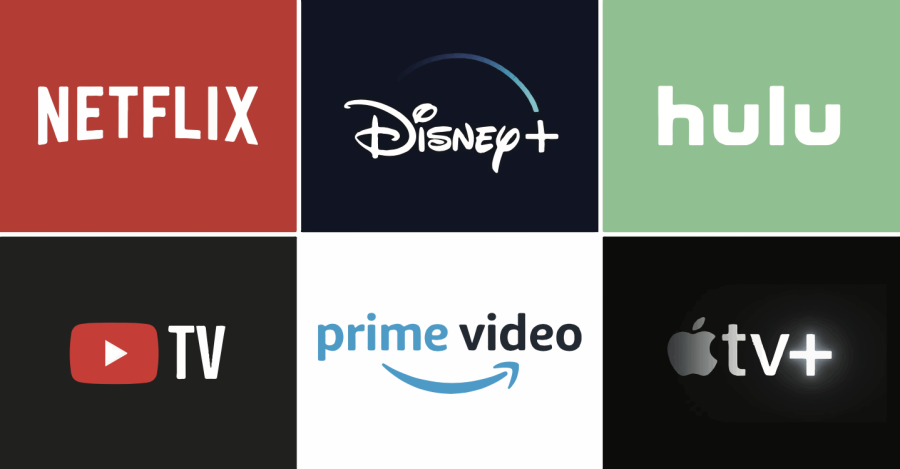This year at the Consumer Technology Association’s electronics show, U.K. tech company Synamedia revealed the development of new software aiming to put an end to password sharing on streaming services like Netflix.
The software uses artificial intelligence to track account activity and determine who the paying subscriber is and who is using the account for free. Once it is determined that more people are using the account than paying for it, the software can restrict access for those not paying until the original subscriber pays an additional fee for other users.
The software takes family accounts into consideration, but the main aim is to crack down on the estimated 13.7 million people using accounts they don’t actually pay for. Because of that population not paying, research firm Magid estimates Netflix is losing $135 million per year in missed subscriptions.
For Ben Heigl, a sophomore in the College of Arts & Sciences, Netflix’s potential crackdown on password sharing will not affect his access, but will affect a friend who uses Heigl’s account.
“He really doesn’t use Netflix often, so it doesn’t make much sense for him to pay full price for something he uses a few times a month,” Heigl said.
He said he hopes to keep his friend on his account.
“If Netflix is a billion-dollar corporation, I doubt I’ll find a way around it,” Heigl said.
Netflix has known about the issue of password sharing, but has remained mostly indifferent on the subject, according to its Terms of Use. Instead, Netflix has put its focus and money into original content that boosts subscription numbers. With major original releases like “Bird Box” in the fourth quarter of 2018, Netflix reported 8.8 million new subscribers joining in that time.
While the company is rising in subscribers, CNN Business reported that Netflix spent and borrowed $2.9 billion in 2018, and the company plans on doing the same in 2019. This money goes to funding original content. However, Netflix must begin to turn a higher profit to offset debt, according to CNN.
“I think my friend would probably still let me have access,” Zach Belyaev, a sophomore in the College of Engineering, said. “But if it doesn’t end up working, I’d probably consider (getting my own account).”
Netflix is not the only business that will potentially restrict password sharing. Research figures from Parks Associates project a revenue loss of $1.2 billion for all streaming services due to password sharing, so Synamedia’s software could become an industry norm.
There is no timetable for implementation of this software, however. Synamedia said it is testing the software with some TV providers, but did not announce which ones.
For Austin Larson, a freshman in the College of Engineering, password sharing isn’t as much of a problem, even though he currently uses a friend’s account.
“(Netflix) should care, but at the end of the day if they let a couple slip through the cracks, it’s not the end of the world for them,” Larson said.
Like many others, Larson said he still wants his Netflix, even if that means paying for his own account.
“I’d have to get my own if it came to it,” he added.



